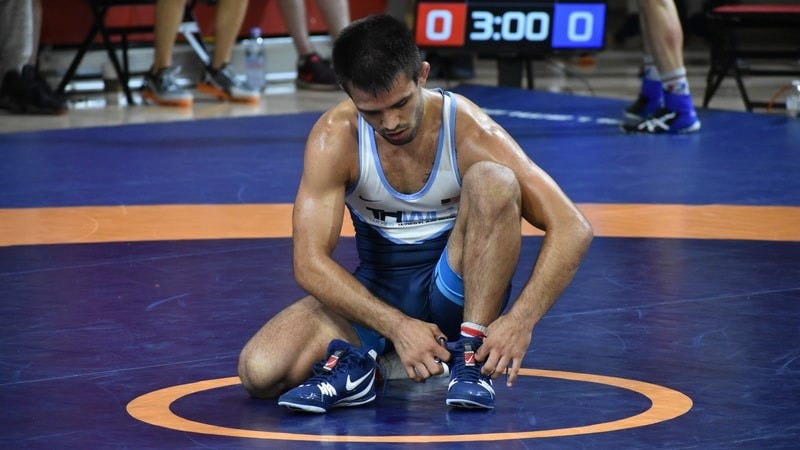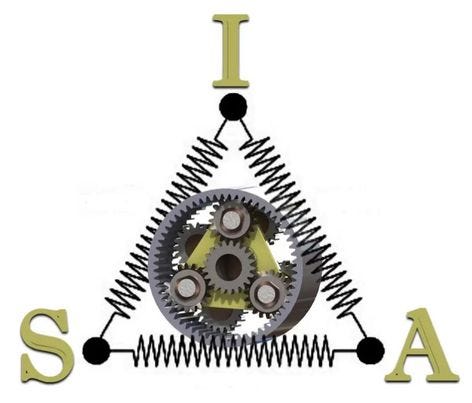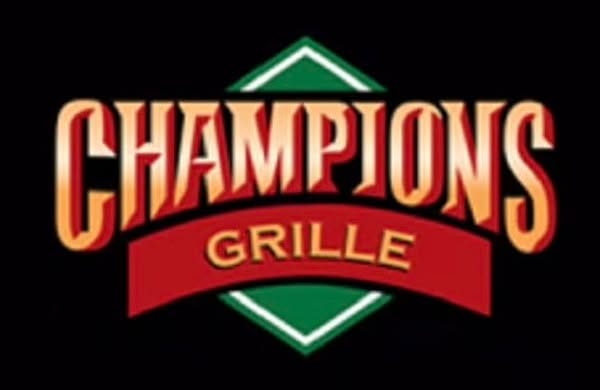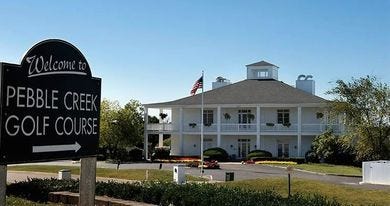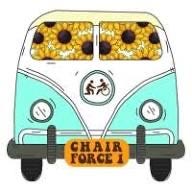What's Missed Most
Former athletes reminisce. A few years ago, I talked with some former wrestlers about what they miss most from their competing days. I'm betting their responses apply, no matter the sport.
“Some days I wish I could go back in life. Not to change (things), but to feel a few things twice." — Drake
What do former wrestlers miss most about their wrestling days? When duals, tournaments and even national championships become moments of yesteryear, what lingers most in athletes’ memories?
In his epic poem Ulysses, Alfred Lord Tennyson writes of his protagonist's new, post-battle life.
The Trojan War is over. Ulysses is back in Ithaca. Safely home, he's reunited with his wife and son. He doesn't have to fight anymore.
Soon, Ulysses is restless.
How dull it is to pause, to make an end,
To rust unburnished, not to shine in use!
As though to breathe were life...
Chad Lamer understands. The three-time Division II national champion from South Dakota State is a husband, a father of five and a chiropractor now in Oregon. By most measures, Lamer's life is sweetly full.
Problem is, Lamer has a bit of Ulysses in him. Seems everyone who’s donned a singlet does, too.
"I miss the tough workouts," he said. "The workouts my body won't allow me to do now. My hip, my knees, my ankles, (they) won't let me. I miss just going to practice each day. I miss the competition."
Ed Jamieson wrestled at the University of Notre Dame until it dropped wrestling in 1992. Jamieson misses the demands of the stark, uncompromising lifestyle.
"I miss the process, knowing the hard work would reward me," Jamieson said. "The lifestyle that college wrestling required, it forced you to decide. You were all in or you were all out. You had to be. There was no in-between, and that made choices easy."
Before four-time All-Americans became commonplace at Penn State, Greg Elinsky was first to accomplish the feat, placing seventh, third, and second twice.
"I miss … the will of super-talented competitors," Elinsky said. "(I miss) takedowns that would take 15 or 20 minutes to accomplish."
Elinsky concedes that post-wrestling life has found him chasing — in various ways — what only wrestling provided. He's resigned himself to the fact that wrestling-room camaraderie can't be duplicated in other walks of life.
"I think there are a lot of attempts at this," Elinsky said. "We play tennis or squash or other one-on-one sports to find it, but it's something that you only get from physical and direct combat."
Johnni DiJulius is two years removed from his time at Ohio State, where he was a four-year starter. The morning workouts he once despised have since become a source of nostalgia.
"Waking up at 6AM, suffering with brothers, going through intense workouts, that stuff can break you," said DiJulius, who was named this past week as an assistant at Harvard. "(Now) those things are cherished."
Cherished?
"I laugh at the times we hated, reminisce (over) times we were yelled at, and miss the times we suffered together. Being post-college now, a lot of the grind is alone. There's something special about a group who suffers (together). It makes you family.
"Those guys will forever be my brothers."
Tony Ramos agrees. The NCAA champion for Iowa and two-time freestyle World Team member retired from competition last month at the World Team Trials Challenge Tournament. Ramos, too, references his Hawkeye teammates as brood and brethren.
"What I miss most is the preparation alongside my family," Ramos said. "The five years of work you put in with the same 30 to 45 guys and the relationships you create made wins on the mat much more memorable."
Clarion's Mark Angle remembers road trips and "time spent with teammates." For the three-time All-American — and nephew of two-time national champion and 1996 Olympic gold medalist Kurt Angle — adjusting to life after competition took time.
"When that was all done, it took a while to find who I really was besides a wrestler," Angle said. "I had to rediscover who I was and be happy with that person."
Though Ed Giese misses the daily contact he had with teammates, he insists there's a forever component to having sweated and struggled together.
"We helped each other out," the former Minnesota Gopher said. "We lived through all our ups and downs together, always supporting each other. I miss the camaraderie, but I know that my teammates will always have my back, and I hope they know I'll always have theirs."
James Yonushonis, an All-American during his days at Penn State, is philosophical.
"We sweat, bled and even cried together," he said. "I miss that most. Though God tells me to love and respect every human being, I have an even deeper love and respect for my teammates who pushed their bodies to the limits so that we could achieve wrestling greatness.
"Though some Top-10 finishes were all we could boast, we still lived our lives with the belief that we were going to be NCAA champions. That's what I miss. I loved those guys. I still do."
If we’re fortunate, we get to grow old. If we wrestled, passing years introduce wistful nostalgia. We miss what we were able to do, all we were able to physically endure. Mostly, we miss the fraternal, certain-something only teammates understand, even those we’d fought in heat-of-battle moments.
Why?
Because we grow up. We realize teammates added more to our lives than we could comprehend at the time. Our bodies were capable of certain things at 20. Our perspectives, not as much.
Tennyson’s poem finishes with a flourish:
We are not now that strength which in old days
Moved earth and heaven, that which we are, we are
One equal temper of heroic hearts,
Made weak by time and fate, but strong in will
To strive, to seek, to find, and not to yield.
Seems Tennyson may have competed himself.
Sponsors:
Industrial Solutions Authority
E. John Rewwer, DDS, 513-923-3839
Chair Force 1 Foundation (donated sponsorship)


